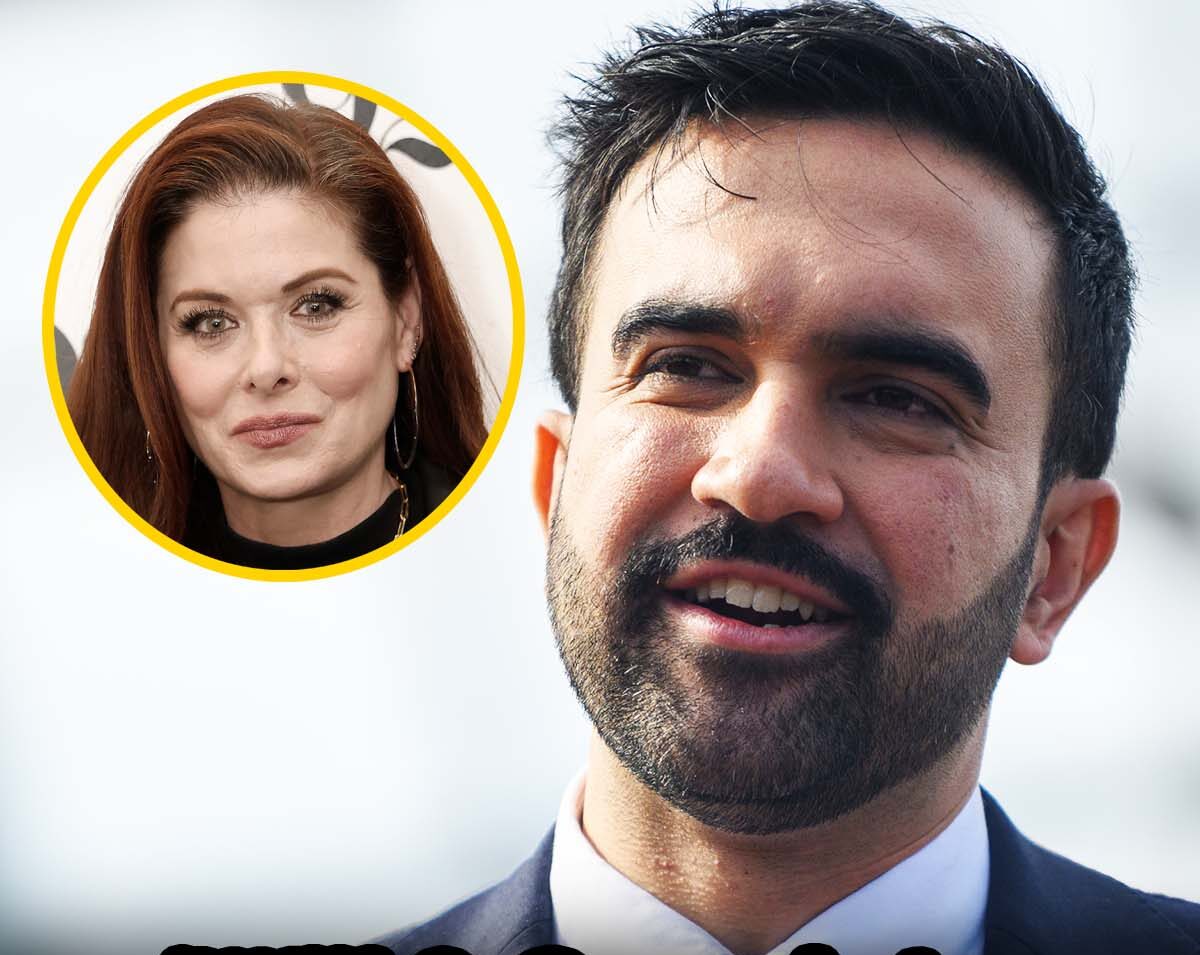A small group of supporters defended her, arguing she was expressing fear of ideological extremism rather than religious prejudice. But the debate escalated when Messing reposted a second image referring to Mamdani as “Osama Bin Mamdani.” The remark struck a nerve across New York — a city still deeply shaped by the memory of 9/11 — and was widely condemned as “irresponsible” and “dehumanizing.”
In his victory speech, Mayor-elect Mamdani didn’t address Messing directly but acknowledged the attacks on his background and beliefs:
“I am young, I am Muslim, I am a democratic socialist — and most damning of all, I refuse to apologize for any of this.”
His response was calm yet powerful, signaling a generational and cultural shift in New York politics. Supporters see him as the voice of a changing city — one that values inclusion, progress, and transparency.
Messing, meanwhile, has not issued a public apology, though the incident has reignited discussions about the power of words, especially when spoken by public figures with massive influence.
This moment highlights more than a single election — it reflects a nation grappling with how identity, politics, and public discourse intersect in an era of instant reactions and global visibility.
What do you think — should celebrities face more accountability for political statements, or is this just part of free speech? Share your thoughts below and join the conversation.

